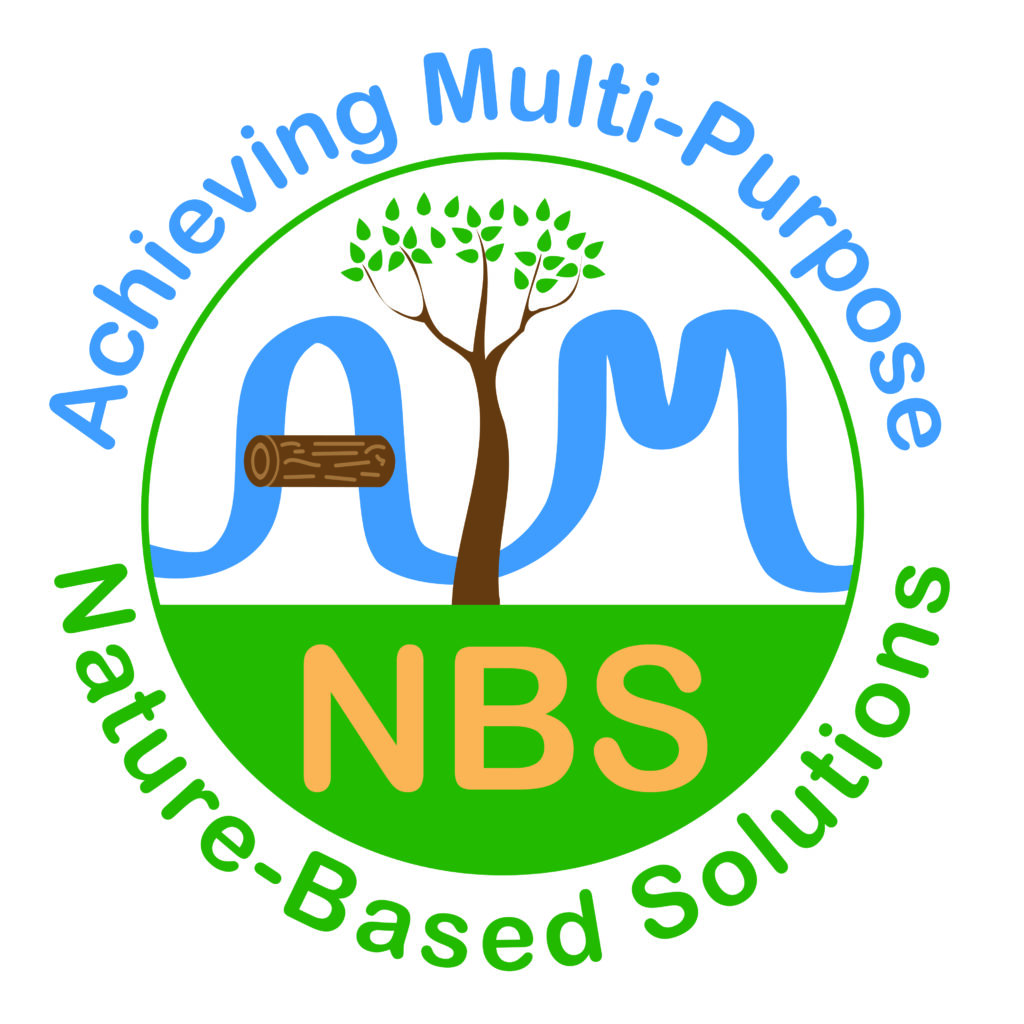Team members
- Helen Watson (WP1 lead)
- Mark Wilkinson (WP2 lead; PI)
- Marc Stutter (WP3 lead)
- Esther Carmen (WP4 lead)
- Kerry Waylen
- Steve Addy
- Ioanna Akoumianaki
- Gill Banks
- Anna Barclay
- David Boldrin
- Susan Cooksley
- Eilidh Dillon
Briefings, posters and reports
- Appraising Key Stakeholders and Institutions Relevant to Catchment-based Nature-based Solutions (NbS) in Scotland, by Esther Carmen, Kerry Waylen, Keith Marshall and Rowan Ellis, March 2023.
- Exploring private actors’ experiences and expectations of NBS, by Esther Carmen, Esther Banks and Kerry Waylen, September 2024.
- Appraising governance factors that shape Nature-Based Solutions A briefing by Kerry Waylen, January 2025.
The use of evidence in Riverwoods. A briefing in slideshow format by Keith Marshall, Tami Wooldridge and Kerry Waylen, March 2025.
Understanding perceptions of Nature-Based Solutions: understandings, motivations and factors shaping potential engagement. Alhassan Ibrahim, Esther Banks and Kerry Waylen, March 2025.
A community of practice on nature-based solutions for Scotland? Summary notes from an online meeting convened by Kerry Waylen and Elana Bader at Nature Scot, May 2025.
Knowledge needs to support Nature-Based Solutions: Results from a survey of international experts, A report by Kerry Waylen, Eilidh Dillon and Keith Marshall, September 2025.
Working with Nature in and around Anstruther: A summary of a study about people’s perceptions, motivations and experiences. by Alhassan Ibrahim, Eilidh Dillon and Esther Carmen, September 2025.
Working with nature in & around Anstruther: A study about people’s perceptions, motivations and experiences. A poster presentation by Alhassan Ibrahim, Eilidh Dillon and Esther Carmen, September 2025.
People’s perceptions, motivations and experiences of working with nature – A case study of Anstruther and surroundings. A slideshow presentation by Alhassan Ibrahim, Eilidh Dillon and Esther Carmen, September 2025.
Supporting people’s involvement in nature-based solutions (NbS): Insights from a workshop held in Anstruther. A short report by Alhassan Ibrahim, Eilidh Dillon and Esther Carmen, December 2025.
Project outputs and resources
Employing “leaky barriers” and riparian tree planting to achieve multiple benefits.
Long term assessments of river restoration projects remain rare but are needed to provide a robust evaluation of the success of restoration schemes.
This network has been set up to share knowledge and best practice amongst those working with the NFM catchment scale technique.


